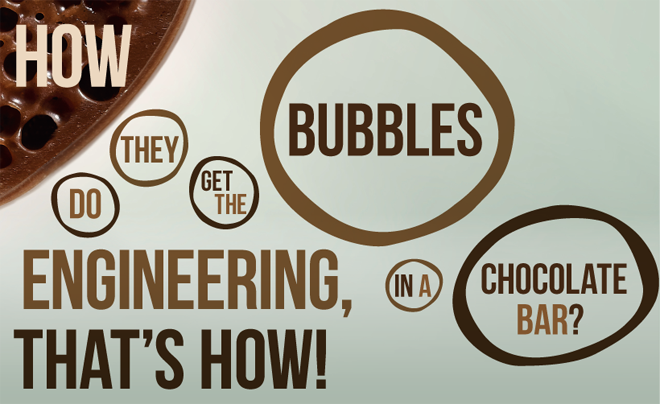We all need to eat and the choices that we have now are many and always increasing, but how do we know that what we buy to eat is safe and how do companies in the food industry come up with things like gluten free versions of our favourite meals and make sure that the packaging that they use is suitable?
If you are interested in science and would like to be able to apply your scientific know-how to working in the fast-paced food industry, then consider a career as a food engineer or food technologist as they are sometimes known.
One specific food engineering role is that of the food production engineer
What does a food production engineer do?
As a food production engineer you might carry our electrical or mechanic work on state of the art equipment.
How much does a food production engineer get paid?
On average a qualified engineering technician can earn about £30,000 - £40,000
What should I study for an engineering career in the food industry?
As with all engineering careers you will need a good grounding in maths and science starting with GCSEs in maths and science at grade 9 – 4 (that’s the old A* - C range). For most engineering degrees you will need either A-levels in maths and science, a Level 3 BTEC engineering qualification or a completed apprenticeship at a suitable level.
If you would like to learn more about food engineering then take a look at the following articles:
Food engineering – putting the bubbles in a chocolate bar

